The BMW 'i' Petrol Era Is Over - Is An Identity Crisis Afoot?
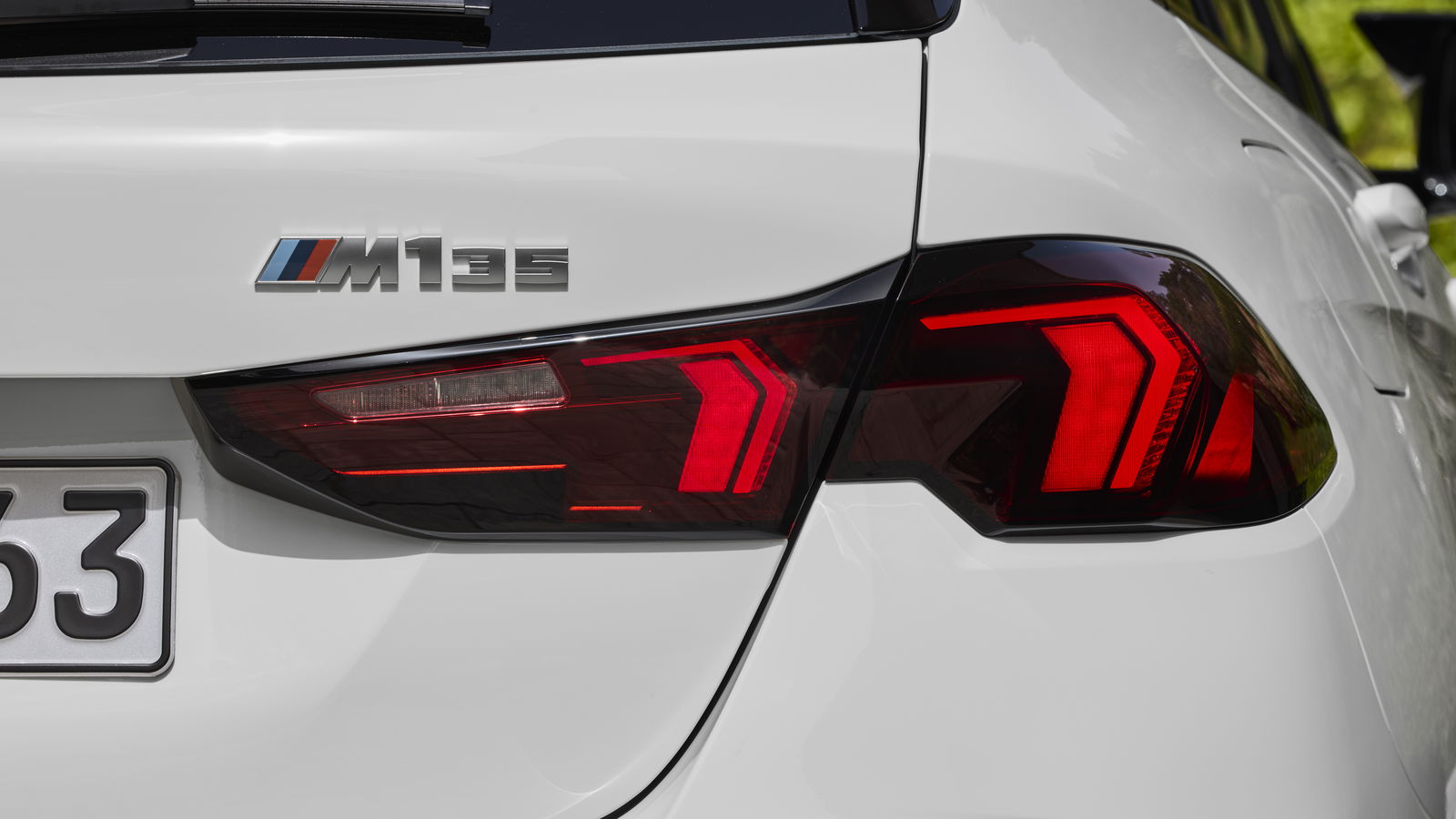
It’s hard to feel like this isn’t a demotion of sorts. It’s been 49 years since the launch of the first BMW 320i, that last little letter proudly proclaiming that this vehicle was the future. Fuel injection was still new to the automotive industry at the time, and that tiny i was a big deal. It meant, quite simply, that it was better.
It was such a simple and subtle way to denote a complex technology, but the most effective sales tactics usually are. The i was seen; noticed; desired all through the 1980s and 1990s. It went on to be adopted by BMW as the flying flag proudly denoting a petrol engine, while the diesels (when they arrived) received a ‘d’. Ahem.
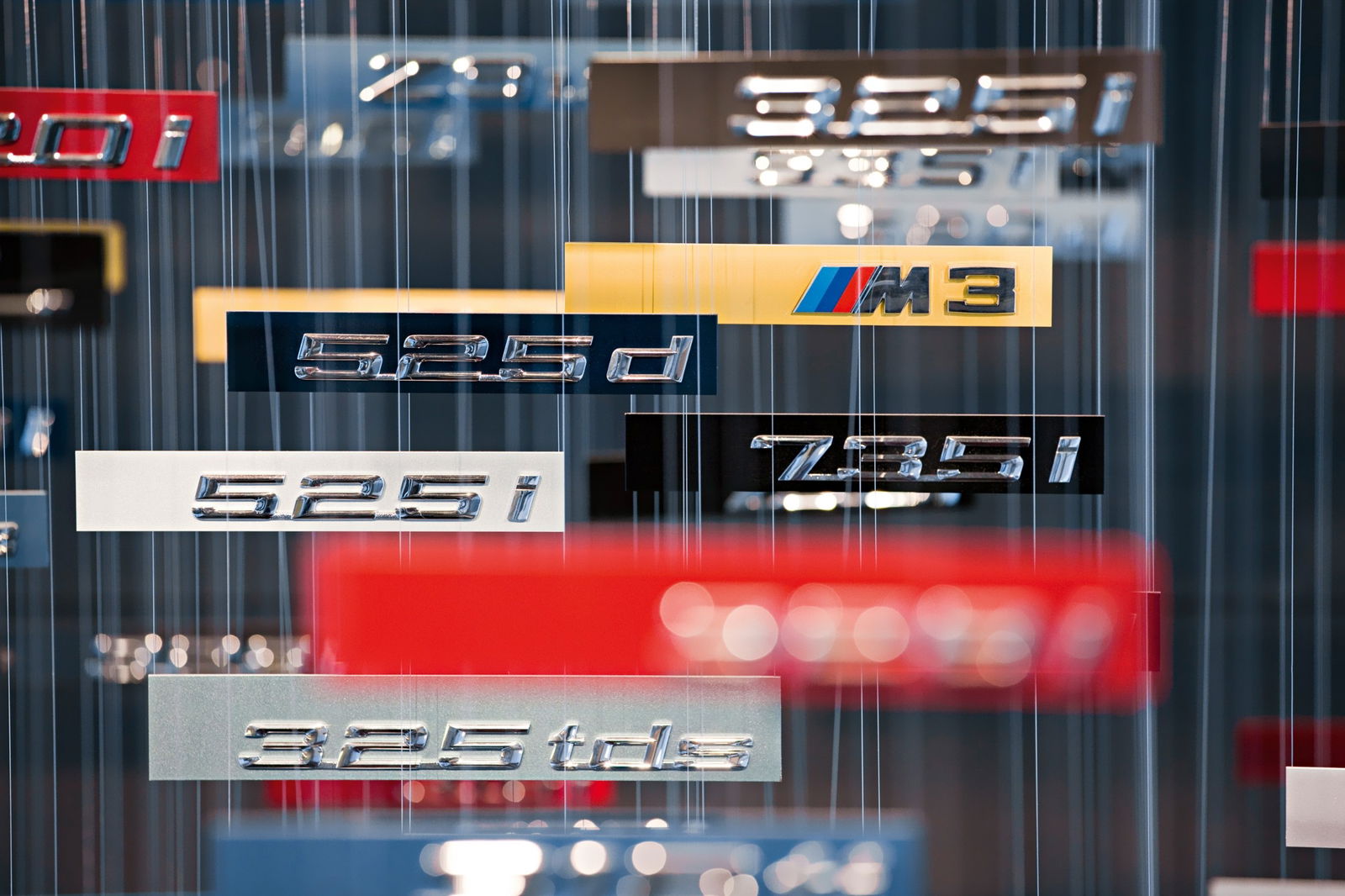
When people talked about BMWs they would use the i in the name, when a lot of the time they’d still have been understood without it. The i was a point of pride for car enthusiasts with their rear-wheel drive, longitudinally-mounted six-pots and their 7000rpm redlines. It wasn’t a 320; it was a 320i.
But no more. Confirming earlier comments made by a BMW exec to BMWBlog, this week it emerged that the next 1-series models will have no i, giving birth to the 120 and M135. Future model refreshes will involve ditching the letter in the same way, with BMW deciding that it’s only going to be part of its electric car range.
It’s perhaps easy to guess why, or at least to stab furtively at it. As the Western world produces ever-more people who’ve got money but just aren’t into cars, it’s pretty easy to imagine folks sitting behind a BMW main dealer’s many sparkling windows and getting confused over whether models with ‘i’ in their name are electric or not. This clears it up, and soon enough, if it’s got the letter in the model name then it’s going to be electric.
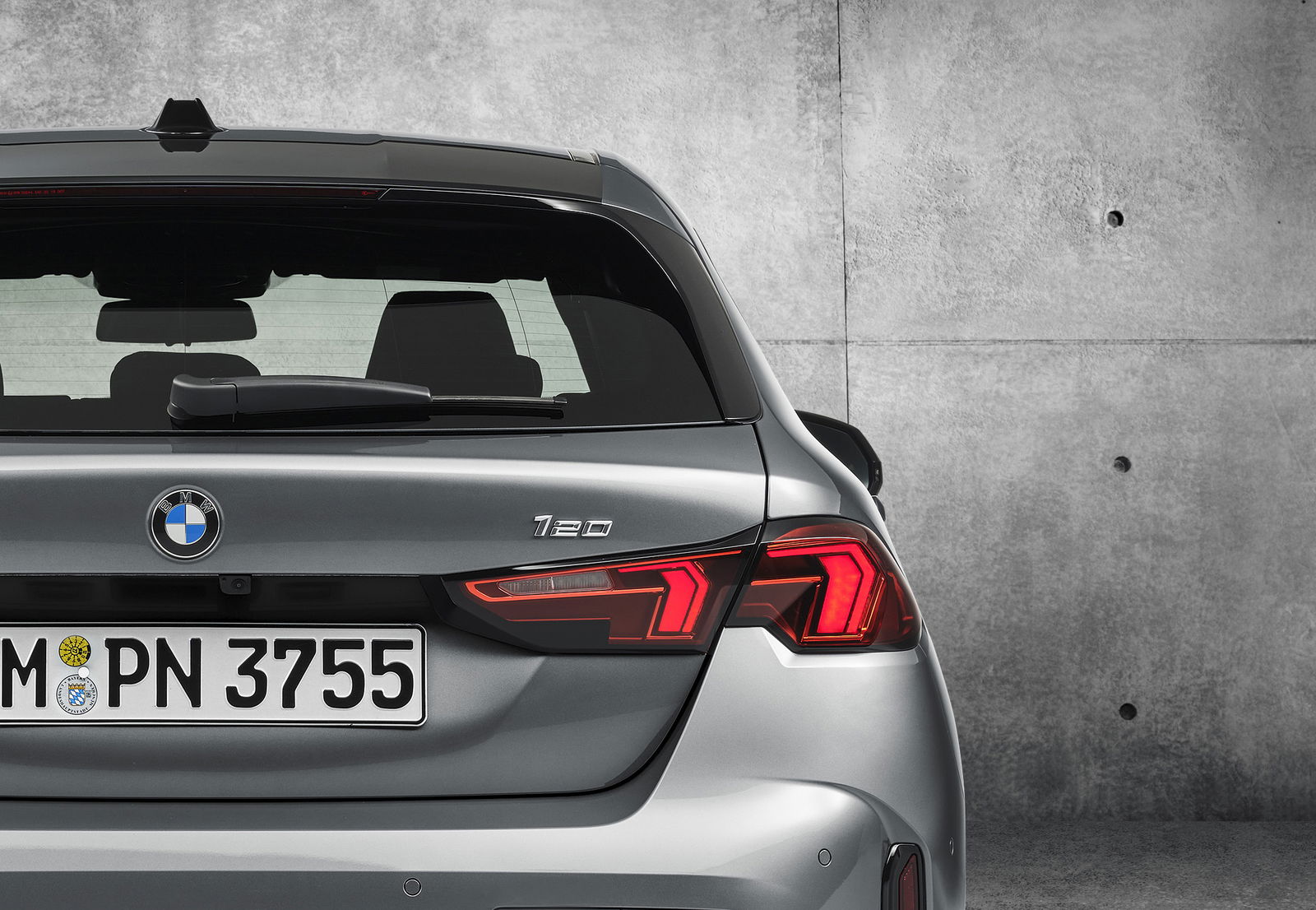
I find this sadder than I probably should. It’s the beginning of the end of a half-century era that was entwined with everything we loved about the cars BMW used to make, and still does at the top, M-fettled end. It follows similar moves to bring its cars in line with the rest of the market - front wheel drive, transverse four-pots and so on. It feels like the last echoes of the days when you could go and buy a naturally aspirated 320i with six cylinders and a genuinely fantastic driving experience are slipping away.
That’s life, I guess. We live in times that are changing faster than ever. It feels like year on year the human race is whipping up so much change, with exponential acceleration, that it’s almost impossible for companies to stand still. Everyone, but especially younger minds that have known nothing else, expects something new. It may not be broken, but if it’s not new anymore it’s like people don’t want to know. Cars have been wholly, unashamedly commoditised.
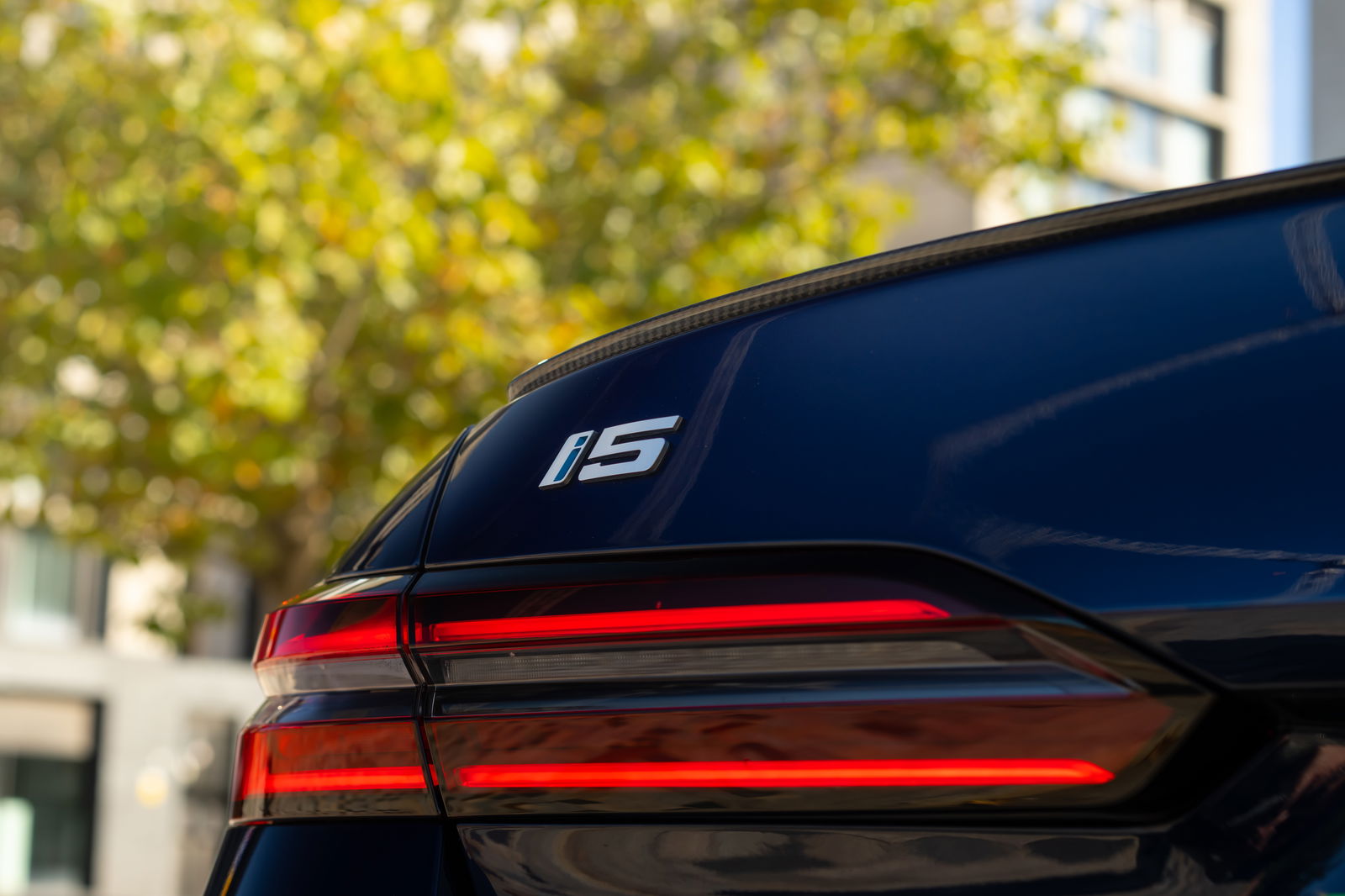
And that brings me neatly onto BMW’s electric cars. Although they’ll just never ignite the fizz for a lot of older drivers like an E90 M3 did, they’re still genuinely good cars, with high-quality interiors you’ll want to do your socials from, and with smooth manners on the road. They’re cars that the modern audience can enjoy owning in their own way, just like the older drivers did with theirs.
What the removal of the i from the petrol range means is that BMW no longer considers gasoline burners important enough to compete with its electric cars. It’s a shrug; an admission that, actually, it’s more important to them to crystallise their BEVs’ identities, and perhaps that buyers these days are no longer drawn in by the internal combustion i. The scale and pace of the change in the market from the early 2010s to today is staggering, given how relatively little BMW’s essence changed over the prior 35 years.
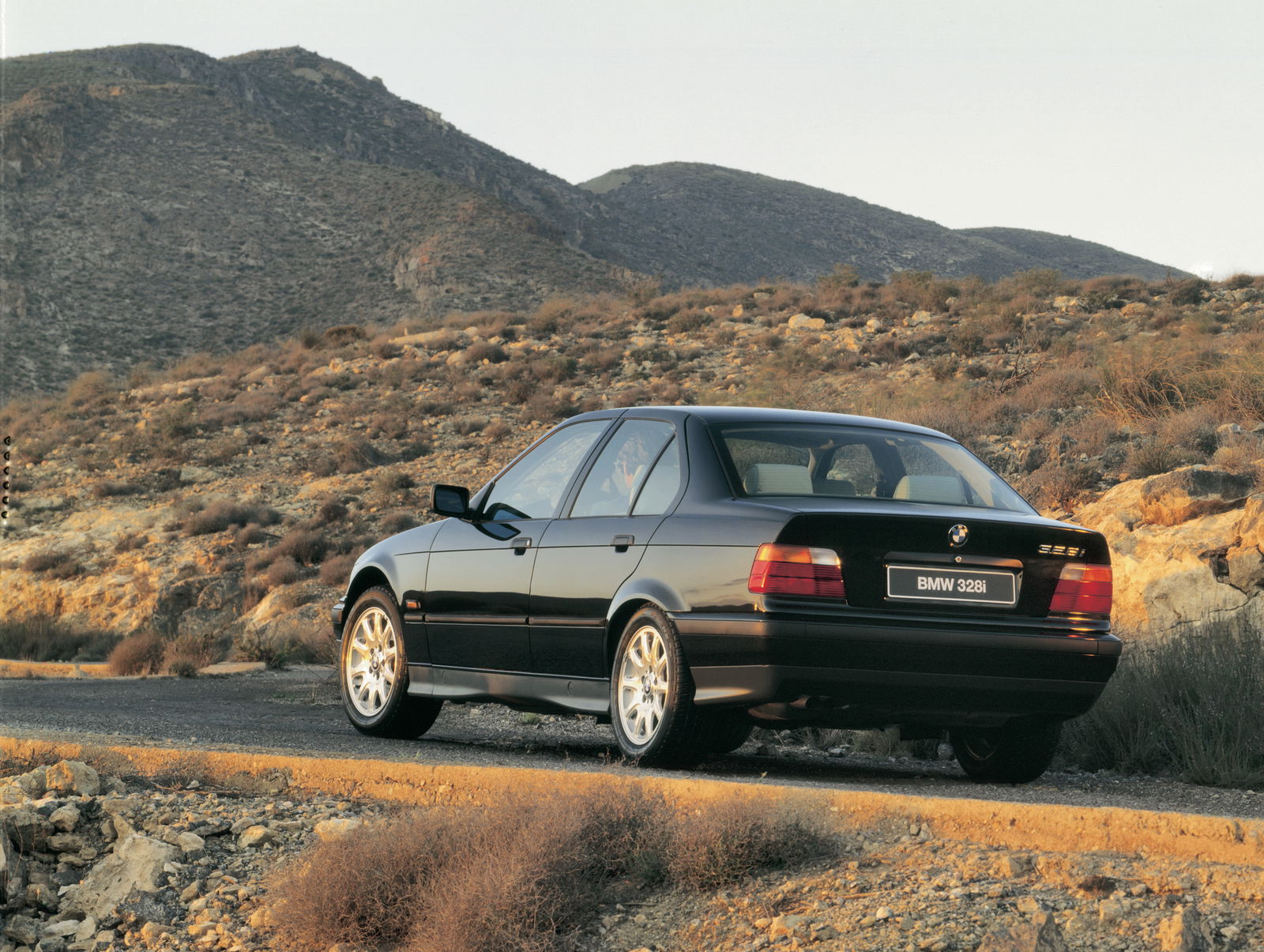
What we’re left wondering is whether BMW is taking too many steps into the homogenous masses, leaving behind too many of those iconic splashes of datasheet charisma that made BMWs that bit more special for a lot of people than their equivalents. The subtle but purposeful kidney grilles, the rear-wheel drive, the 50:50 weight distribution and now the very model names themselves have been changed, either to be so extreme as to force-generate coverage, or just to be more like other products out there. We wonder how the brand is ever going to recreate the same positive separation from the crowd that it once had. With the current pace of change, at least we shouldn’t have to wait too long to find out whether it even can.
Meanwhile, the petrol-engined BMW as a concept may have to content itself with a significant step towards retirement as it gradually gets removed from the marketing front line and relegated, it seems, to a quiet desk job before ICE production eventually ceases altogether. The end is nigh; nigher than we sometimes remember.
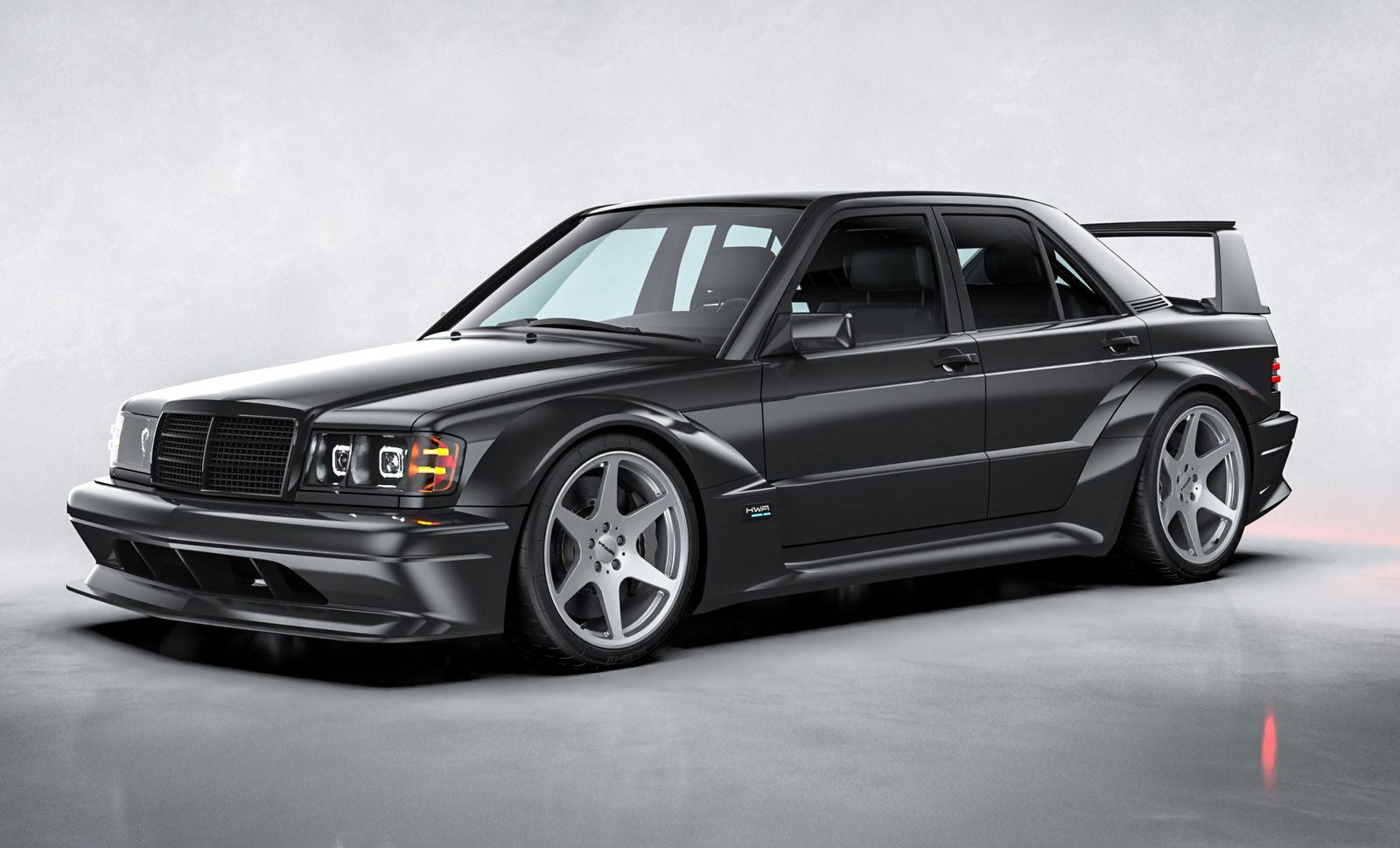
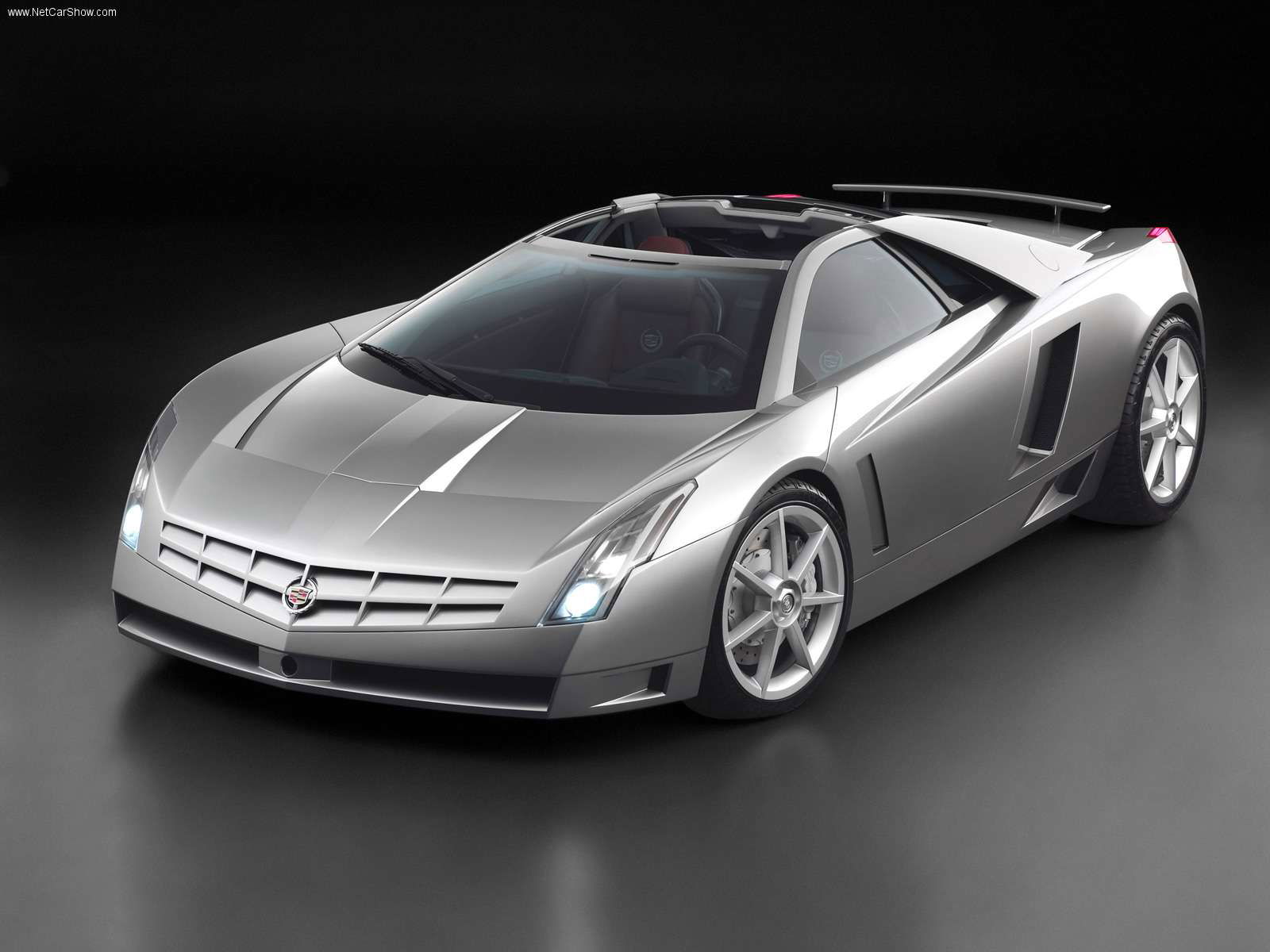

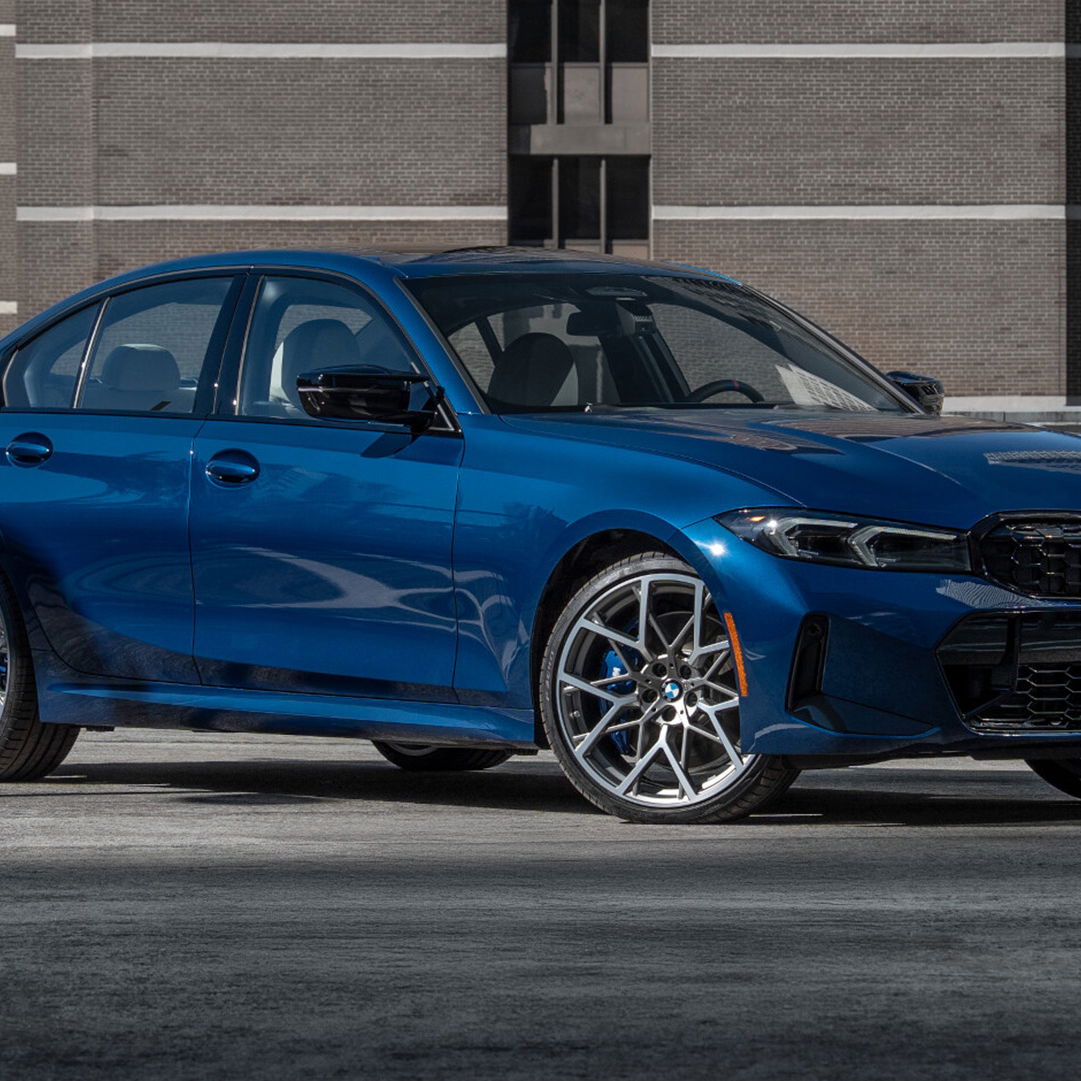




Comments